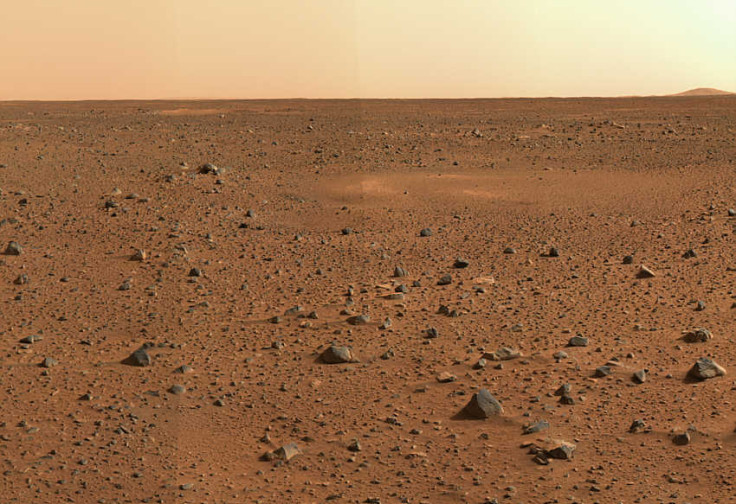Nasa scientist: We can get to Mars in 3 days with photonic propulsion
One day we could send spacecrafts to Mars in just three days by using a system known as "photonic propulsion", Nasa scientist Philip Lubin has said. In a video for Nasa 360, he explains how we could use particles of light to push objects through space.
The video, which was released earlier this month, follows a paper written by Lubin in April last year. In A Roadmap to Interstellar Flight, he says that while incredible feats in space travel have been achieved, with our current propulsion technology we will never reach our nearest stars.
He proposes a programme that will allow for spacecraft that can reach speeds faster than 1,000 km per second. "These systems can be propelled to speeds currently unimaginable with existing propulsion technologies. To do so requires a fundamental change in our thinking of both propulsion and in many cases what a spacecraft is," the paper said.
At present, the fastest Nasa could get humans to Mars is around five months. Researchers are currently working on technologies that will allow for a manned mission to the Red Planet in the 2030s.

However, Lubin says photonic propulsion could vastly decrease the time it takes to get there. This system involves shooting Earth-orbiting lasers at extremely thin spacecraft to propel them at extremely fast speeds through space.
A normal spacecraft moves forward by firing a propellant away from the direction it wants to travel. Photonic propulsion would work in the same way, only using lasers from Earth. This would mean the spacecraft could accelerate for longer and reach far higher speeds. It would also mean carrying heavy fuel on board would not be necessary.
While this technique would only work to push small objects at the moment, he said it could be scaled up in time to use on larger vessels. "We could propel a 100kg aircraft to Mars in a few days," he said.
It would not, however, be used for manned flights. More likely, it could potentially be used to send probes to distant galaxies to find potentially habitable planets and so forth. "There are recent advances that take this from science fiction to science reality," Lubin said. "There is no known reason why we can not do this."
© Copyright IBTimes 2025. All rights reserved.






















